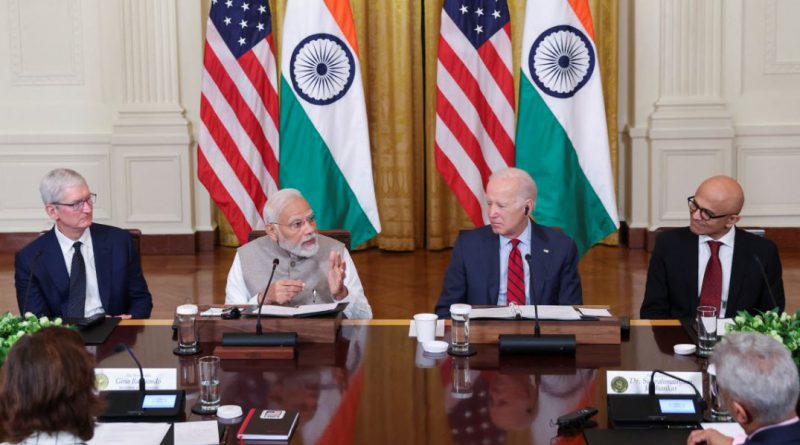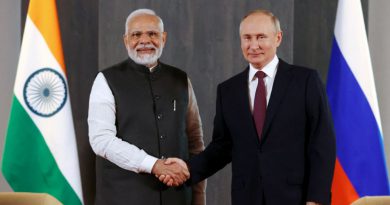Pakistan hits out at US and India after Biden-Modi meeting
Washington (Reuters) – Pakistan on Friday criticized the United States and India after President Joe Biden met Prime Minister Narendra Modi at the White House and both leaders called on Pakistan to ensure its territory was not used as a base for militant attacks.
Pakistan’s foreign ministry said a joint U.S.-Indian statement was “unwarranted, one-sided, and misleading”. The reference to Islamabad in it was “contrary to diplomatic norms,” it said.
The ministry added that it was surprised by the joint statement and said it had “close counterterrorism cooperation” with the United States.
Relations between India and Pakistan have been fraught for years. Since independence from Britain in 1947, India and Pakistan have fought three wars, two of them over the Muslim-majority Himalayan region of Kashmir, which they both claim in full but rule in part.
The joint U.S.-Indian statement said: “They (Biden and Modi) strongly condemned cross-border terrorism, the use of terrorist proxies and called on Pakistan to take immediate action to ensure that no territory under its control is used for launching terrorist attacks.”
Pakistan’s foreign ministry said India was using the allegations of extremism against Islamabad to deflect from the situation in Kashmir and the treatment of minorities in India.
New Delhi has for years accused Pakistan of launching militant attacks in India, including the one in 2008 in Mumbai that killed over 165 people.
India also says Pakistan has helped Islamist militants who have battled Indian security forces in its part of Kashmir since the late 1980s. Pakistan denies the accusation and says it only provides diplomatic and moral support for Kashmiris seeking self-determination.
The special status given to the Indian state of Jammu and Kashmir was revoked in 2019 when New Delhi split it into two federally controlled territories. Pakistan calls the moves illegal and wants them rolled back.
Biden rolled out the red carpet for Modi on Thursday, with both leaders touting deals their countries reached on defense and commerce aimed at countering China’s global influence.
Pakistan also said it was “deeply concerned” over the planned transfer of advanced military technologies to India, saying such steps would not prove helpful in achieving peace in South Asia.



